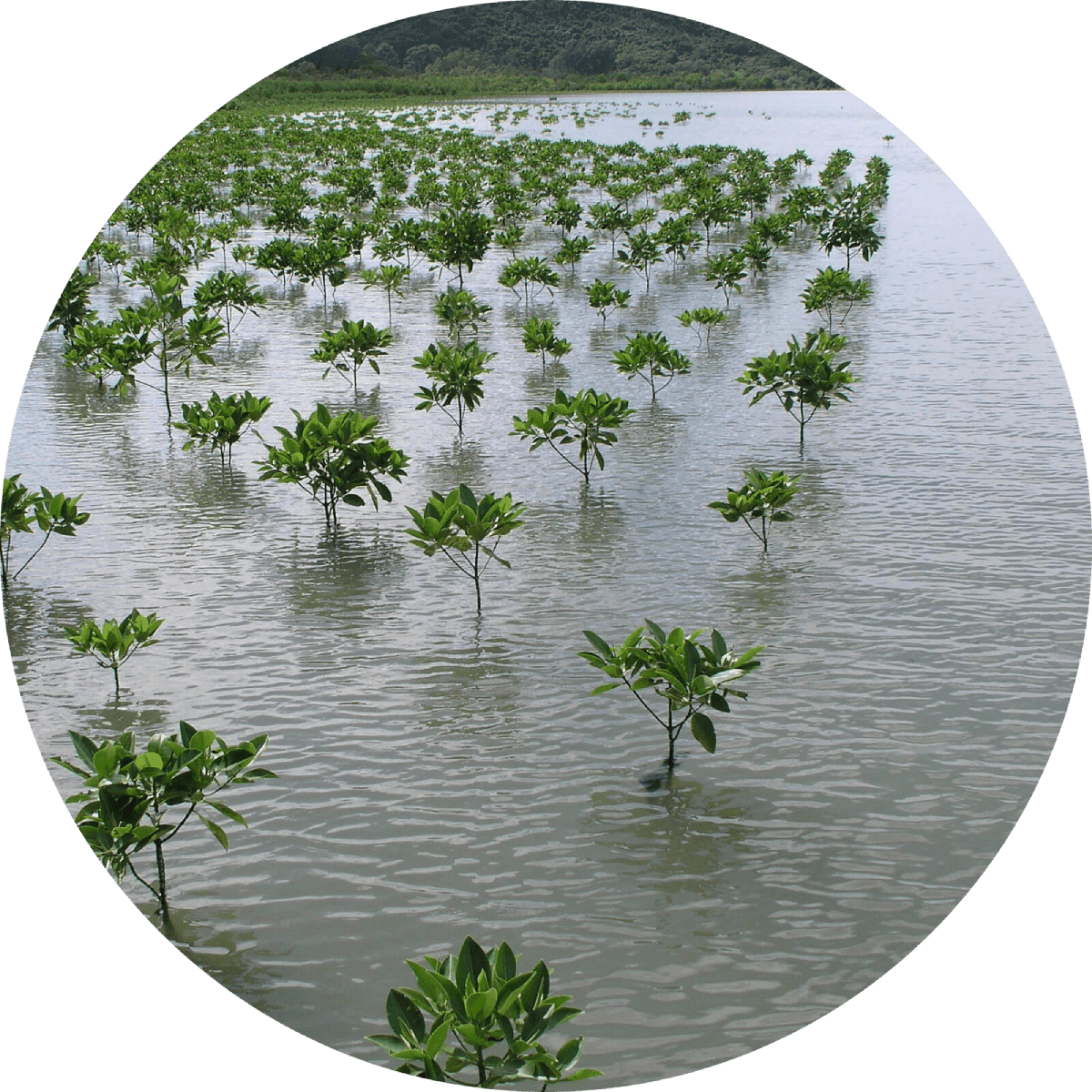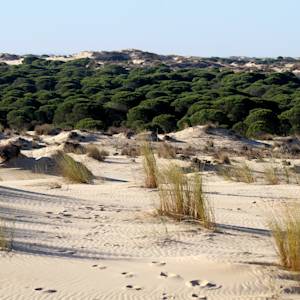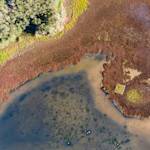Mesopotamian Marshes shrunk by 90%
2022 CE • Iraq
The Mesopotamian Marshes are a "fabled corner of Iraq known throughout the ages as a waterway that could sustain man and beast and populations across the country’s southern deserts. Until recent decades, it offered a vast and reliable supply of water, the end of the line for Iraq’s two great rivers after their epic journeys through Turkey, Syria and Iraq’s deserts. But, perhaps more than any other time in history, the marshes are in peril. Prolonged drought, regional standoffs, political negligence and climate change are combining to create intolerable stress on one of the region’s most important ecosystems . . . What was once a pristine waterway is now a toxic wasteland. Whatever water reaches the marshes is considered a public health risk . . . In some years, water has barely covered 30 percent of the original wetlands, which were replaced by dry cracking earth that locals had never seen before . . . From an average of its original 3,725 square miles . . . the wetlands shrunk by 90 percent, turning a natural oasis into a barren strip of land."
Nicole Di Ilio, "Strains on ancient Mesopotamian marshes imperil ecology, way of life," Al-Monitor, February 16, 2022.
Image: CC0, via Wikimedia Commons


Learn about Maya Lin’s fifth and final memorial: a multi-platform science based artwork that presents an ecological history of our world - past, present, and future.

Discover ecological histories and stories of former abundance, loss, and recovery on the map of memory.

Learn how we can reduce our emissions and protect and restore species and habitats – around the world.

See how art can help us rethink the problems we face, and give us hope that each one of us can make a difference.

Help make a global memorial something personal and close to home. Share your stories of the natural world.


